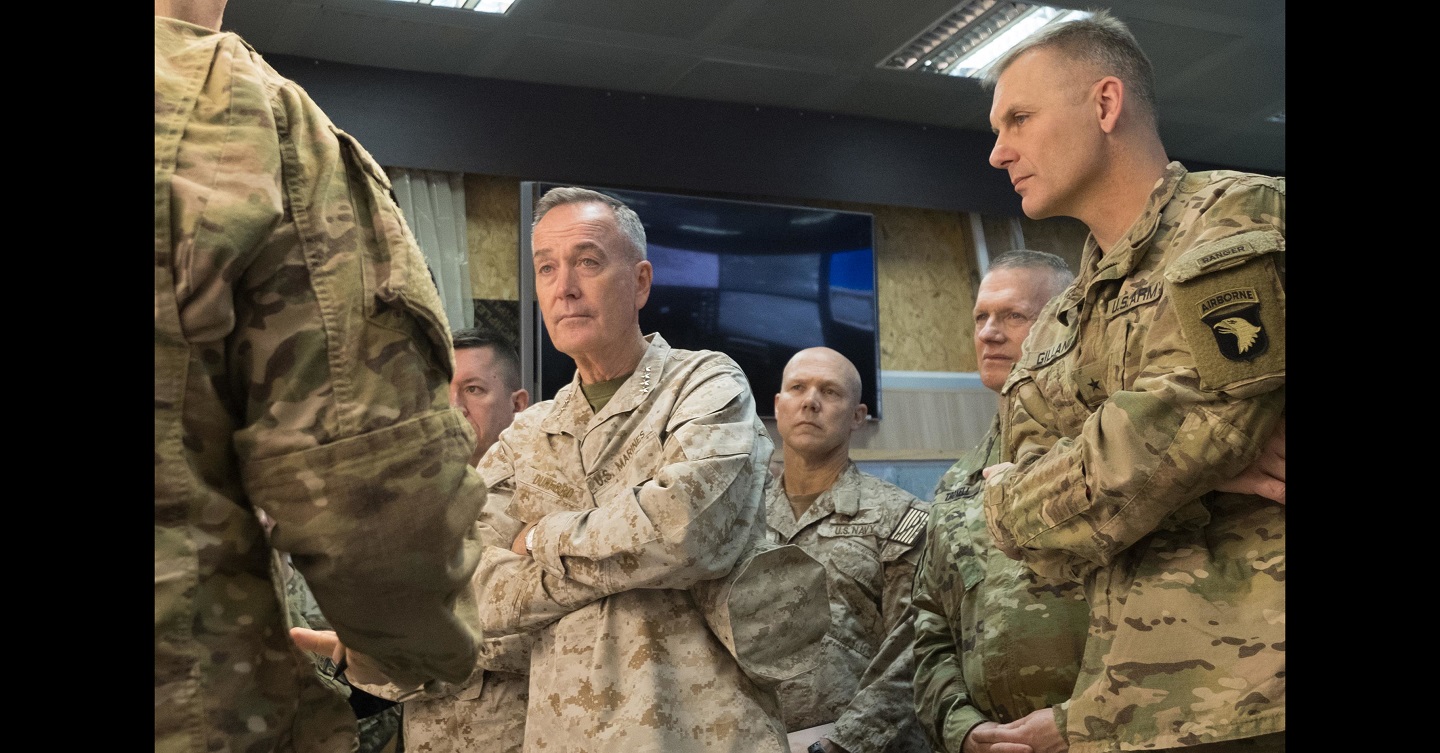
Any conversation has two very basic players, the sender and the receiver. The intelligence conversation, at its most basic level, has the producer and the consumer. There are volumes written, schools, courses, and entire career fields and specialties dedicated to producing better intel, but how does one learn to be a better intelligence consumer? A BETTER PEACE welcomes LTG (R) Karen Gibson to shed some light on what commanders need to know to, not only be a better consumer, but to mentor and train intelligence professionals and staffers. She joins host Gen Lester, to share her experiences from over three decades in the intelligence community during which time she led intelligence-operations fusion centers in Iraq, Afghanistan, Korea, East Africa, and in the United States.
The person that blows up, the person that shoots the messenger, I’ve certainly seen not only where people become reluctant to deliver bad news in the intel arena where they don’t want to deliver bad news in the ops arena either, and so a commander who does not handle bad news is someone who over time his staff will perhaps stop, consciously or unconsciously providing him with the entire picture.
Podcast: Download
Subscribe: Apple Podcasts | Spotify | Amazon Music | Android | Pandora | iHeartRadio | Blubrry | Podchaser | Podcast Index | TuneIn | Deezer | Youtube Music | RSS | Subscribe to A Better Peace: The War Room Podcast
Karen Gibson, having recently completed a 33-year military career in which she attained the rank of Lieutenant General in the United States Army, became the Sergeant at Arms of the United States Senate on March 22, 2021. Ms. Gibson has performed in numerous intelligence and cyberspace operations roles, culminating her military service as Deputy Director of National Intelligence for National Security Partnerships.
Genevieve Lester is the DeSerio Chair of Strategic Intelligence at the U.S. Army War College.
The views expressed in this presentation are those of the speakers and do not necessarily reflect those of the U.S. Army War College, U.S. Army, or Department of Defense.
Photo Description: Marine Corps Gen. Joe Dunford, chairman of the Joint Chiefs of Staff, receives a briefing on military operations during a visit to Irbil, Iraq, Nov. 10, 2016.
Photo Credit: DoD photo by D. Myles Cullen





Interesting talk today.
Intel in Vietnam ran the gamut…
From MG Peers’ “So I’m supposed to believe that some kind of magic allows a bunch of shaky girbs [acronym for “G.I. rat bastards”] distinguished more for their spit and their polish and abetted by a civilian, to use a tangle of antennas and funny talk, to divine the combat plans of the enemy?” to JP Vann’s, “Nearly all reliable intelligence is limited to US S.I. Channels” to stovepiping “MACV intelligence estimates should agree with CINCPAC, which would agree with CIA.”
Unfortunately, there was a command consensus before the Easter Offensive of 1972 that discounted HUMINT – which provided virtually the only (and accurate) Intel for the first couple of weeks of the invasion. (Break in the Chain Intelligence Ignored)
Thank you for those insights on Executive decision making towards operationalizing actionable intelligence. As you stated, being inundated with data without any analytical rigor, may provide tactical operators actionable intelligence, but doesn’t support operational decisions at strategic levels. Nirvana, or our “happy place” will be when operational Common Operating Picture (COP) and Intelligence are integrated through innovative systems and methods.